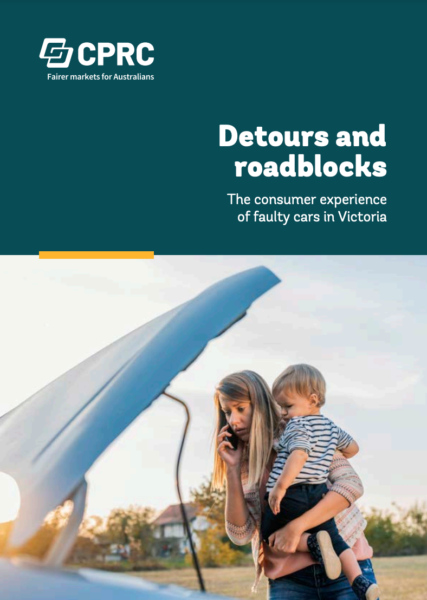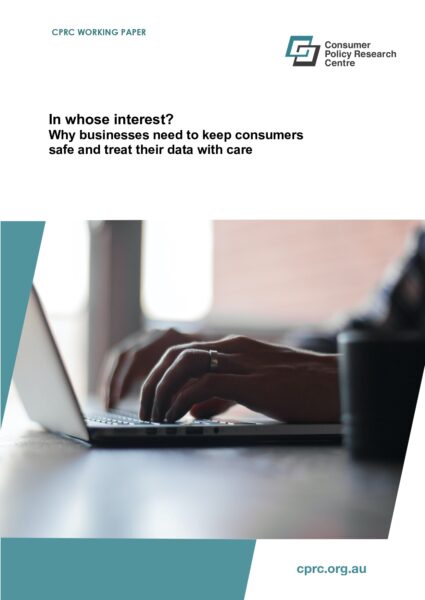August 30, 2020
Regulatory inquiries and Royal Commissions continue to identify poor practices by firms delivering essential and complex services, resulting in consumer detriment. Yet in many of these markets there is little information available to consumers to enable them to differentiate companies by the quality of their service, reflecting a key information asymmetry.Where consumers cannot pick ‘lemons’ from ‘peaches’, firms do not face competitive pressure to improve their service offering.
This report provides a summary of the findings from a collaborative research project between RMIT’s BehaviouralBusiness Lab and the Consumer Policy Research Centre. This research has produced unique empirical data about the value of service quality and how it affects consumer choice in the context of the Victorian retail energy market.*
This project adopted a multi-stage, iterative and self-validating approach to first develop a prototype measure of service quality, and then to test whether service quality information affects consumer choice in an experimental setting and if so, how it affects choices.
This collaborative research project with RMIT’s Behavioural Business Lab sought to understand what aspects of customer service consumers considered most important in the context of the Victorian energy market. From these insights, we develop and then tested a prototype measure of service quality.
*The views and recommendations expressed in this report reflect those of CPRC.

October 31, 2023
Faulty cars are far too common and disrupt too many lives. This report delves deep into the repercussions of faulty cars on individuals' lives, examines the legal pathways available for those seeking remedies and explores the experience of First Nations people.

March 16, 2023
Australia’s privacy laws rely on notification and consent as the primary means of protecting consumers. The onus is on consumers to navigate complex privacy protections in a continuously complex digital economy. It is time to consider reforms that hold businesses accountable for how they collect, share and use consumer data. It is time to give regulators the power to pause and assess data practices that are causing or likely to cause consumer harm.